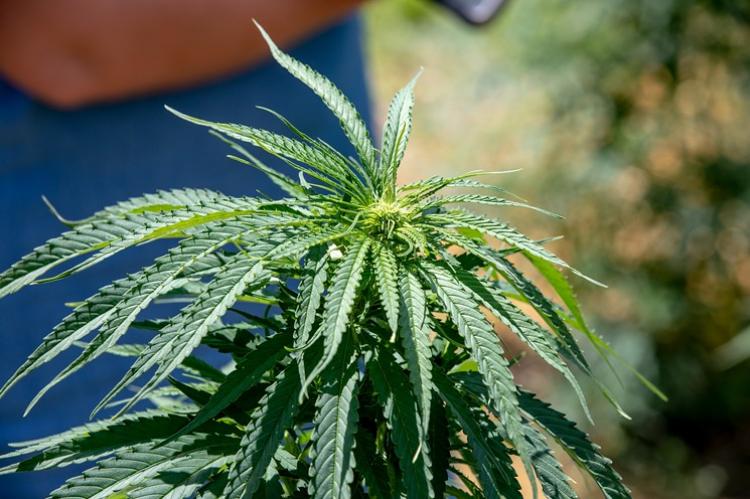Florida hemp growing program to get federal approval
During a time of historic economic disruption and agricultural turmoil in Florida due to the novel coronavirus, Agriculture Commissioner Nikki Fried says there’s a newer, greener reason for farmers to be hopeful.
The U.S. Department of Agriculture is poised to green-light Florida’s hemp program as early as this week, clearing the way for farmers to apply for cultivation licenses and for other hemp-adjacent businesses to get involved in processing and selling the product.
“Our state needs hope, and this is some of that hope,” she told the Miami Herald Monday.
The Florida Department of Agriculture has been sending draft hemp rules back and forth with USDA for months, making final tweaks and incorporating feedback from public comment periods. The final plan was submitted to the USDA last Thursday and will be approved any day now.
“They are excited to have our rule and give us the green light,” said Fried, whose office has been working closely with the federal agency.
Fried and Cannabis Director Holly Bell say they hope to see applications come online by April 27, opening up opportunities to all Floridians.
Fried said they will be efficient and quick in getting the hemp program up and running.
“[USDA] is anticipating our rules being the gold standard for the country,” she said.
Hopeful hemp growers will be able to fill out an application on the Department of Agriculture website and will be approved after a fingerprint scan and background check, Bell said. The only Floridians restricted from getting a permit are those who have been convicted of a narcotics felony — including marijuana charges — in the past 10 years.
The permits won’t come with any fees, Bell noted.
The department has issued 50 pilot-program research permits, given out eight processor permits and cleared over 200 manufacturers and distributors to make hemp products in the state. Around 7,000 retail establishments sell the products, Bell said.
The Legislature approved a bill in 2019 that allowed Fried’s office to submit a plan for a state hemp program to the USDA and apply for primary regulatory authority over the production of hemp.
The plan included testing procedures, certification methods, inspection plans and corrective actions for farmers who may be in violation of the rules. The push for a hemp program in Florida was a largely bipartisan one, and played into a national trend of following what some called the “green rush” of financial opportunity.
In January, edible cannabidiol, or CBD products were incorporated into the existing food safety program, as were permits for processing, testing, manufacturing and selling CBD made from hemp brought in from states like Colorado.
Fried said the final rule approval makes the program whole and opens cultivation to all farmers, especially those suffering under the hit coronavirus has taken. The nonperishable, four-season crop could be very helpful to those who have lost money in product that can no longer be sold wholesale to places like restaurants, hotels, schools and the tourism industry.
“The coronavirus has had an impact, and more farmers are wanting an alternative crop,” she said. “This gives them options ... hemp will contribute to the sustainability and the future of our agriculture industry.”
- Log in to post comments

